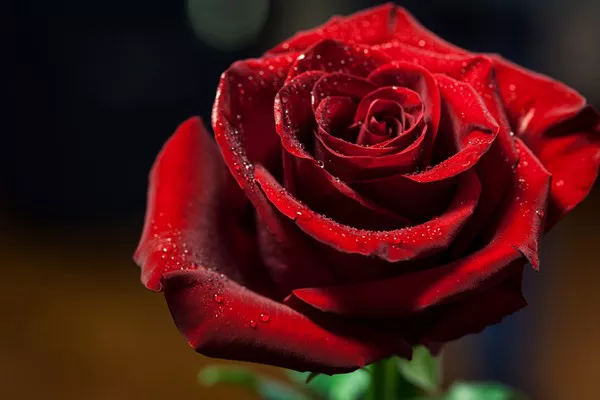Flowers have long captivated human beings with their captivating beauty, diverse forms, and enchanting fragrances. Beyond their aesthetic appeal, many cultures and spiritual traditions have attributed symbolic meanings to various flowers, associating them with qualities, emotions, and even deities. Among the myriad interpretations, the question of which flower represents the divine or God holds a special place. This article delves into the world of flowers and their spiritual significance, exploring the notion of a flower representing God.
Flowers as Symbols of the Divine: An Ancient Connection
Throughout history, flowers have been revered as symbols of spirituality, purity, and transcendence. The concept of a flower representing God or the divine is rooted in the deep connection between nature and the sacred. Across different cultures and religious practices, specific flowers have been designated to embody divine qualities, thereby serving as a bridge between the earthly and the divine realms.
1. Lotus: The Universal Symbol of Divine Purity
Among the multitude of flowers, the lotus stands out as a universal symbol of divinity and purity. In various Eastern spiritual traditions, such as Hinduism and Buddhism, the lotus is often associated with enlightenment, rebirth, and spiritual growth. Emerging from the muddy waters, the lotus blossoms in pristine beauty, symbolizing the journey from ignorance to enlightenment—a reflection of the soul’s evolution towards higher consciousness.
2. Rose: Love and Devotion Across Religions
The rose, renowned for its captivating fragrance and delicate petals, holds diverse spiritual connotations across different faiths. In Christianity, the rose is often associated with the Virgin Mary, embodying her purity and divine motherly love. Similarly, in Sufi poetry, the rose serves as a metaphor for the soul’s longing for union with the divine—a journey of love and devotion.
3. Jasmine: Mysticism and Spirituality
Jasmine, with its intoxicating fragrance, has captured the imagination of poets and spiritual seekers for centuries. In Hinduism, the jasmine flower is associated with divine love and sensuality, often symbolizing the eternal connection between Radha and Krishna. In Islam, the fragrance of jasmine is believed to represent the essence of paradise, alluding to the presence of the divine in the world.
4. Flowers and Divine Attributes: Exploring Symbolism
The association of specific flowers with divine attributes is a common theme in spiritual symbolism. For instance, the lily is often linked to attributes such as purity, virtue, and resurrection, making it a common motif in Christian iconography. The marigold, with its vibrant colors, is used in Hinduism to symbolize auspiciousness and the triumph of good over evil.
The Role of Flowers in Rituals and Worship
Flowers play a central role in religious rituals and worship practices across various cultures. They are used to create sacred spaces, offer homage, and connect with the divine. The act of offering flowers is seen as a gesture of devotion, humility, and reverence, symbolizing the beauty and impermanence of life. This ritualistic use of flowers transcends cultural boundaries and reinforces the idea that these natural wonders can serve as a tangible connection to the divine.
The Limitations of Symbolism
While flowers hold profound symbolic meanings, it’s essential to recognize the limitations of symbolism in capturing the essence of the divine. The divine is a concept that transcends language, culture, and even the most intricate of symbols. Flowers, although rich in meaning, can only provide glimpses and metaphors for the ineffable nature of the divine.
Conclusion
The idea of a flower representing God is a testament to the timeless connection between humanity and nature’s beauty. Flowers, with their intricate forms and diverse meanings, have served as conduits for spiritual expression, allowing individuals to connect with the divine in ways that words often fail to convey. From the lotus to the rose, the spiritual significance of flowers remains a testament to the human quest for transcendence and a reminder of the sacred in the everyday.
As we continue to explore the symbolic realm of flowers, it’s important to approach their meanings with reverence and an open heart, recognizing that while flowers can guide us towards the divine, the true essence of the divine remains an enigma that transcends even the most eloquent of symbols.


